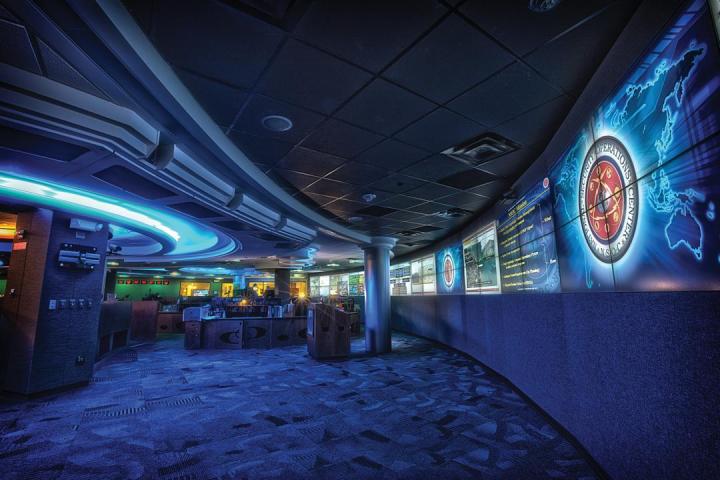
Updated on 05-08-2015 by Malarie Gokey: Added Edward Snowden’s response to the ruling.
NSA whistleblower Edward Snowden calls the ruling ‘encouraging’
Just one day after the appeals court ruled that the NSA’s surveillance program is illegal under federal law, the very man who leaked the information to the press — Edward Snowden — applauded the ruling, during an interview at the Nordic Media Festival with Forbes‘ contributor Runa Sandvik.
“This decision will not affect only the phone metadata program,” he said. “It will affect every other mass surveillance program in the U.S. going forward.”
Snowden said that although the ruling hasn’t ended the program completely, it’s an important step forward for the country.
“This being struck down is really a radical sea change in the level of resistance that the United States government has placed thus far,” Snowden said. “So far, courts have said basically, it’s not our place or our role to tell the executive branch of the government how to do their job. It is extraordinarily encouraging to see the court are beginning to change their thinking to say ‘if Congress will not pass reasonable laws, if the executive will not act as a responsible steward of liberty and rights in how they execute the laws, it falls to the courts to say this has gone too far.'”
The ruling declares NSA spying illegal under federal law
The original ACLU lawsuit alleged that the NSA’s surveillance program is unconstitutional on the grounds it violates the American people’s privacy. This time around, the court of appeals did not rule on the constitutionality of the surveillance program, but rather took the easier route of checking the NSA’s actions against the authorities granted to it by Congress using section 215 of the Patriot Act. The court ruled the NSA’s phone surveillance program exceeded Congress’ original intentions, and is therefore illegal.
The court ruled that the NSA’s phone surveillance program exceeded Congress’ original intentions.
In particular, the NSA’s “bulk telephony metadata” collection program, which was first revealed by former NSA contractor Edward Snowden, has come under scrutiny from the court. Circuit Judge Gerard Lynch stated in the court’s 97-page decision that the program violated the privacy of Americans and was not authorized by Congress.
“Such expansive development of government repositories of formerly private records would be an unprecedented contraction of the privacy expectations of all Americans,” Lynch wrote.
“Perhaps such a contraction is required by national security needs in the face of the dangers of contemporary domestic and international terrorism,” he added. “But we would expect such a momentous decision to be preceded by substantial debate, and expressed in unmistakable language. There is no evidence of such a debate.”
The court did not tackle the more thorny issue of whether the NSA program violated the Fourth Amendment’s bar against searches conducted without warrants. The second Circuit sent the case back to Pauley for further investigation, and declined to authorize the proposed preliminary injunction to stop the NSA program’s collection of data. Section 215 of the Patriot Act, which has been used to justify the NSA’s actions, is set to expire in June, barring any new actions by Congress.
It is unclear what will happen next in this case and others against the NSA, but the court’s decision to revive the lawsuit is a big development in the ongoing situation regarding the NSA’s controversial surveillance programs. We’ll continue to update this post with more information as the case progresses. You can read the full court decision here.


